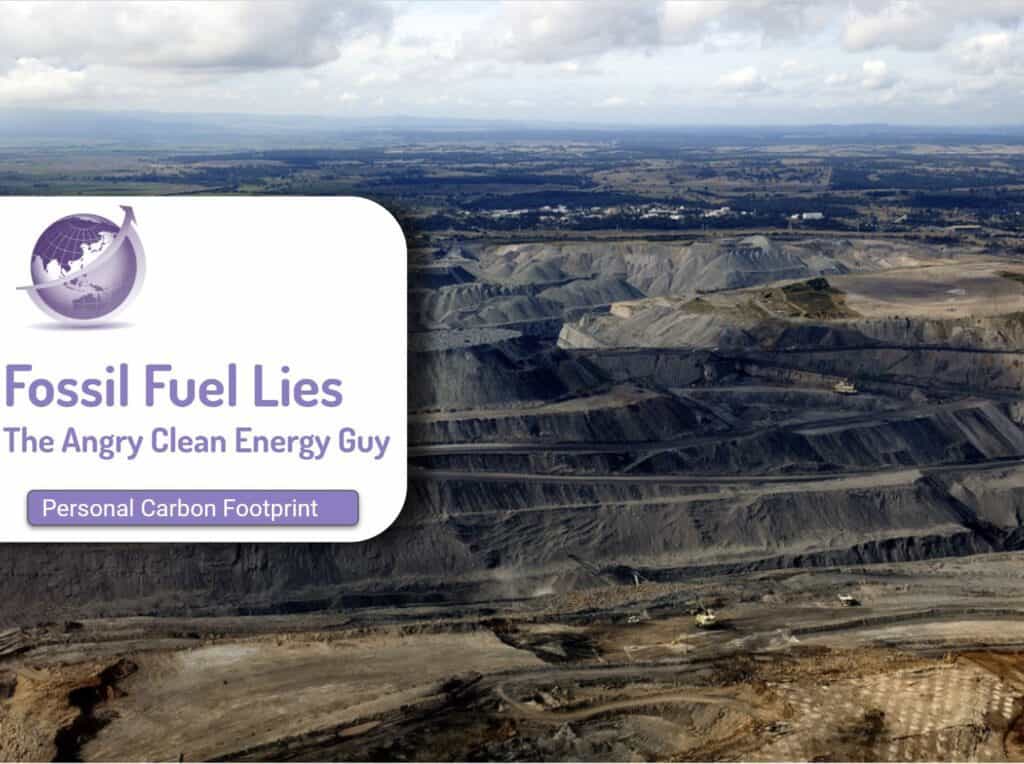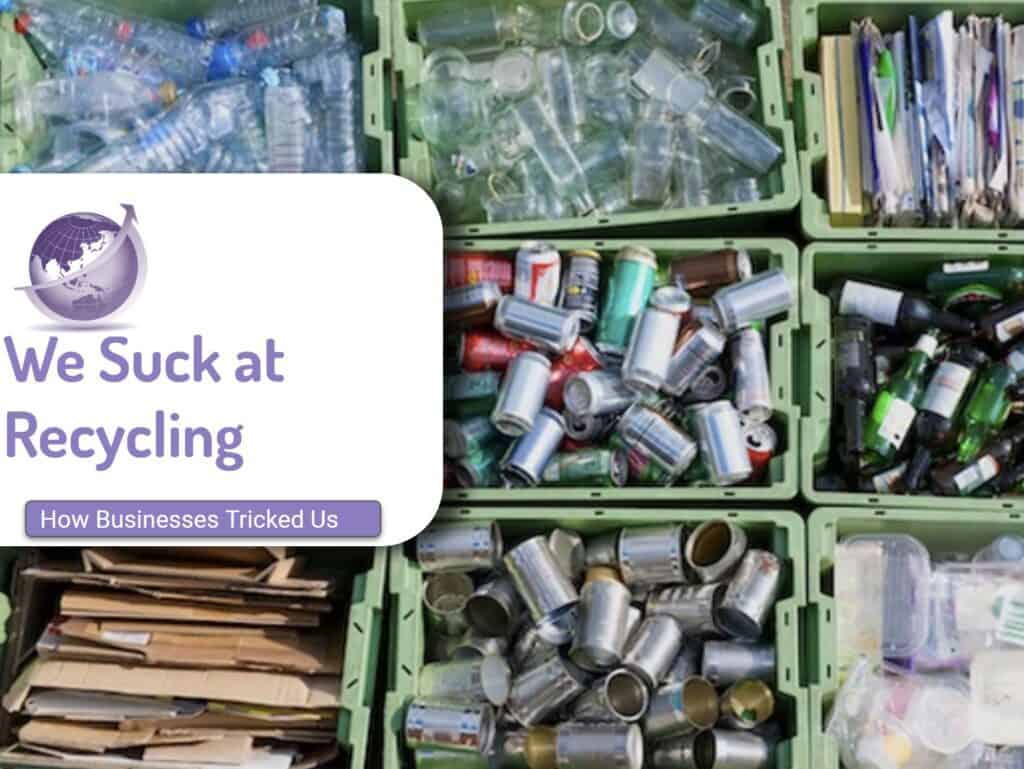Will batteries win the transport race or will hydrogen, synthetic fuel or biofuel win the race to electrify global transport?
Michael Barnard in a Clean Technica article on Biofuels has a comprehensive summary and his conclusion is the same as my articles on EVs on my Change Discussion website. Barnard also concludes batteries are killing the competition for transport fuels. The only exception is long-haul aircraft. Mark Jacobson in his book 100% Clean, Renewable Energy and Storage for Everything says we can transition 135 countries to 100% renewable energy within 6 years. (Six Years to 100%) The question is will alternatives to batteries power transportation?
The answer is clear now. Batteries. Hydrogen has multiple critical faults including energy efficiency, and cost of infrastructure for broad use. Only long-haul aviation is a candidate for anything other than batteries. And syn fuel is little more than a tactic by the fossil fuel industry to greenwash.
- Cars. Batteries.
- Buses. Batteries
- Trucks. Batteries
- Rail. Grid electricity & batteries
- Grid. Batteries.
- Shipping. Batteries
- Aircraft. Short haul = batteries. Long haul = Aviation biofuels.
Increase in Battery Advantage
In my article, New Battery Technologies, the critical battery features include:
- Battery density Wh/kg
- Weight – a function of density
- Recharge cycles over a lifetime
- Lifetime
- Speed of charging and discharge
- Mechanical size, shape and stability
- Price
Innovation in Battery space
For an overview of new battery technology – chemistry, and form factors, check out my article on new battery technology.
The speed of maturation of electrochemistry and materials with the advent of machine learning characterization assessments and automated testing has shrunk innovation cycles from decades to years.
Michael Barnard
Tesla – Battery Cost Down Continues
At the launch of an extension of Tesla Nevada “Gigafactory,” there is a breakdown of the capital cost of making their 4680 batteries. The $3.6b expansion includes about $0.6b for high-volume production lines for Tesla’s new Semi electric truck. The balance is a new 4680 battery cell production facility that will produce up to 100 GWh per year. That’s half of any other battery factory by its competitors. Moreover, the size of the expansion is about 1/10th of the original 40GWh factory space. This is just capital cost. It is unclear what the material cost of battery raw materials will be.
Notable is General Motors just cancelled fourth pouch-based battery factory with LG and will move to 4680 form factor with its partners.(Electrive). Every one of these drives a nail in the coffin for alternative energy sources.

Cars, Buses, Trucks, Rail
Lithium iron batteries now are close to 250Wh/kg at the pack size, and the rate of improvement continues at about 20% per year. New chemistries are increasing the recharge and lifetime values.
- Cars and buses the race is over. See the image below
- Trucks – the release of the Tesla Semi validates the change. Most manufacturers will switch by 2026
- Rail – batteries and electrified rail lines already work and integrate well.
Shipping
In the article Ship Emissions halve within 2 decades, over 42% of tonnage is coal gas and oil. A further 15% is iron ore – and the drive to process at mining source, with H2 and electric processes suggests iron ore shipping will mostly disappear. Barnard points out that coastal shipping can use batteries – container size and swap out at ports.
Grid Storage
In 2017, the regulator AEMO viewed it impossible batteries over 1MWh could be used in electrical grids. The South Australian “Big Battery” of 100GWh discredited them completely. Now 1GW are contemplated. Other battery types, such as flow batteries also work, A major change will be to change hydro to pumped hydro or “dispatchable flow”. New pumped hydro has environmental challenges, so only in China will there be large installations. Batteries will overtake them in pricing. Nuclear is a dying myth-based technology although that won’t stop proponents of SMR and other nuclear proponents.
Aircraft
Barnard highlights the fallacy of using synthetic fuels and goes through the logic of using biofuels. His conclusion is that for short-haul batteries will work and for the long-haul sector should us biofuel.
Hydrogen: A non-starter
Initiatives for hydrogen are now seen as simply diversions except in specialised applications. They have multiple challenges. Some articles can be found here
- Efficiency. Physics is against them
- Cost
- Requirement of infrastructure for wide distribution.
- Source of green energy to power them
- Transportation of H2
- Storage of H2
Read More: Batteries win the transport race
- Michael Barnard CleanTechnica https://cleantechnica.com/2023/02/02/yes-there-will-be-enough-biofuels-no-they-wont-impact-food-supplies/
- Jacobson, Mark (2019). Why Carbon Capture and Direct Air Capture Cause More Damage than Good to Climate and Health (Journal article)











